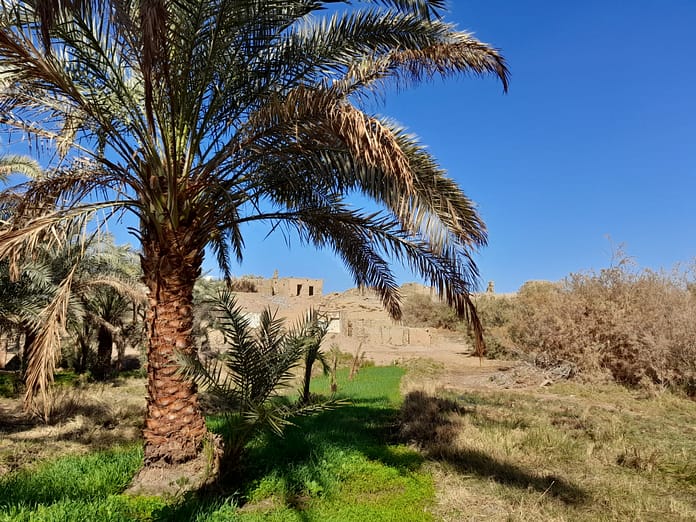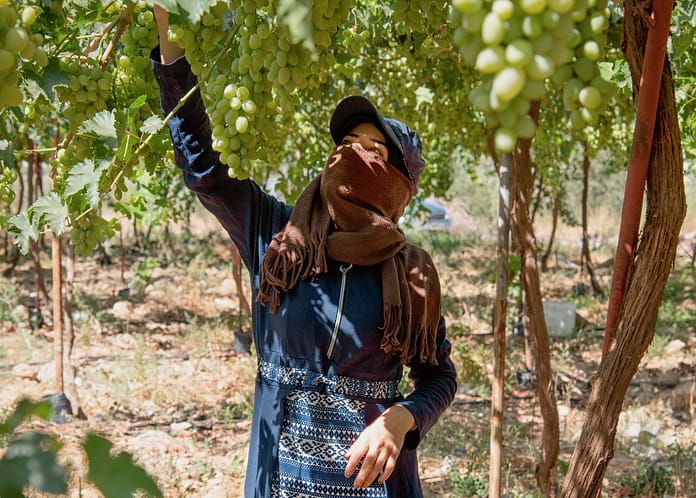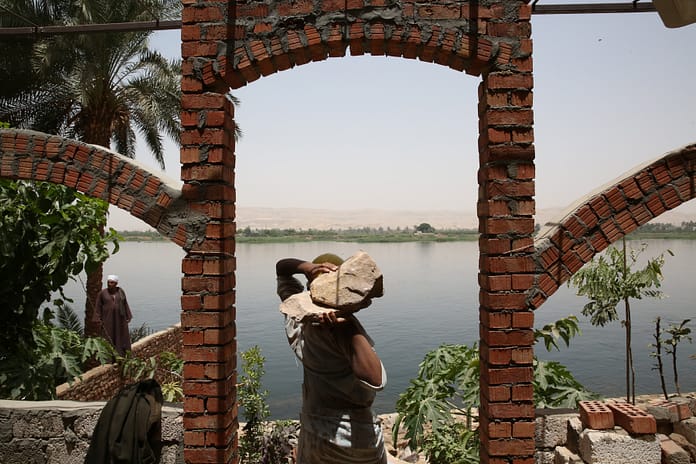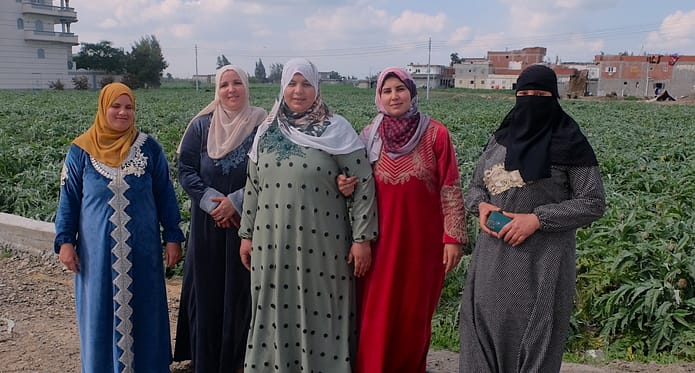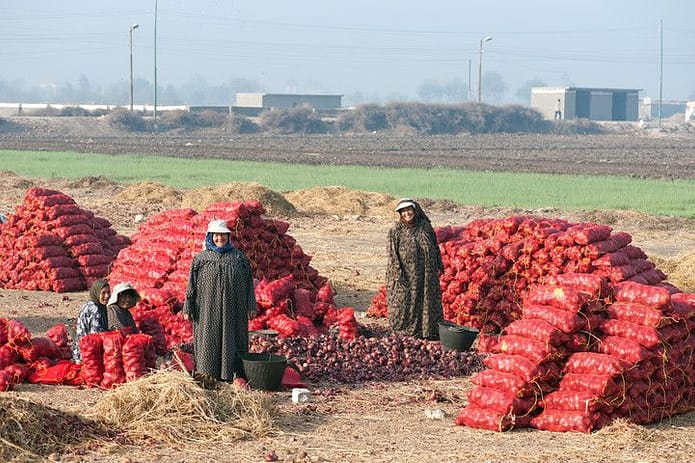Al Murunah
Challenges
The Middle East and North Africa (MENA) is the most water-scarce region in the world. Throughout the MENA region both surface and groundwater resources are under pressure and over exploited because of increasing demand, agriculture comprising 65 percent of total use. While climate extremes are further threatening climate security in the region, unsustainable land management practices, including mechanized mono-agriculture and overgrazing, have severely degraded large areas of land, reducing rainwater retention, and increasing erosion.
Project objectives
In response to these challenges, IWMI and the International Union for the Conservation of Nature (IUCN) is implementing the Building Climate Resilience through Enhanced Water Security in MENA (Al Murunah) Project, funded by the Government of the United Kingdom. The objective will be to increase water security in Jordan, Lebanon, the Occupied Palestinian Territories, and Egypt through the integration of nature based solutions for water (NBSW) and agricultural water management (AWM). Facing similar challenges associated with water security and climate extremes, other countries in the region could also benefit from nature based solutions.
The programming is being designed with a strong emphasis on local community empowerment and engagement, and with gender and inclusion mainstreamed throughout. It will ensure capacity development within and across institutions to build ownership and capacity strengthening to support the co-delivery of the impact.
The project will develop action-oriented field demonstrations and recommendations to improve the resilience of crop, livestock and fisheries production systems while protecting, sustainably managing and restoring ecosystems. It is anticipated that the site-specific project interventions will also attract important investment opportunities for the participating countries.
International Union for Conservation of Nature (IUCN)
Center for Environment and Development for the Arab Region and Europe (CEDARE)
agricultural water management, groundwater, natural resources, water productivity, water storage
https://almurunah.iwmi.org/
Building Climate Resilience through Enhanced Water Security in MENA (Proj-ID-049)



